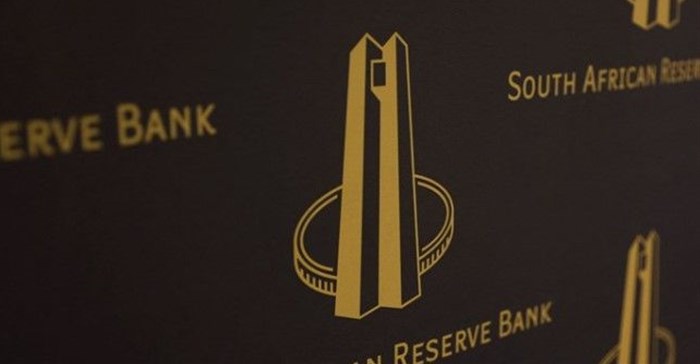The Monetary Policy Committee (MPC) has increased its repo rate by 50 basis points with effect from 31 March 2023. The revised repurchase rate hike brings the repo rate to 7.75%, which is higher than analyst forecasts for this period.

Source: Reuters.
This was the message of the South African Reserve Bank (Sarb) governor, Lesetja Kganyago at today's official public repo-rate announcement.
Economists had widely predicted an increase of 25 basis points from the MPC in March and Sarb's announcement today surprised, taking the benchmark repo rate to a 2009-high.
Three members of the MPC committee vouched for the announced increase, and two members preferred a 25 basis points increase.
The news comes on the back of state electricity utility Eskom implementing the worst rolling blackouts on record, leaving households in the dark for up to 10 hours a day. The outages have hit businesses hard, forcing them to pay millions of rands for diesel to power generators.
High inflation, global geopolitical tensions, as well as elevated global price levels were the main drivers of the latest hike, Kganyago said.
This is the ninth consecutive increase since November 2021, and takes the prime interest rate to 11.25%.
Just two months ago the MPC's last repo rate was hiked by 25 basis points when The South African Reserve Bank struck a gloomy tone on the country's economic prospects in January, saying growth of just 0.3% was expected this year and 0.7% in 2024.
Kganyago said on Thursday, 30 March, that the Sarb now expects GDP growth for 2023 to come in at 0.2%.
“The revised repurchase [repo] rate is now less accommodative and is more consistent with the current view of risks to inflation. The aim of policy is to anchor inflation expectations more firmly around the mid-point of the target band and to increase confidence of attaining the inflation target sustainably over time,” the governor noted.
“Guiding inflation back towards the mid-point of the target band can reduce the economic costs of high inflation and enable lower interest rates in the future,” he added.
Inflation accelerates
In the latest Stats SA reading for February, inflation came in higher at 7%, and reports show annual food inflation has hit 13.6% – a near 14-year high.
"The bigger-than-expected hike is on the back of persistent inflation and the continued capital outflows we have experienced in 2023,” head of market risk at TreasuryOne, Wichard Cilliers said.
"The holdings of bonds by foreigners fell to a 13-year low, currently sitting at around 25%, while it was up at around 43% not too long ago. This hike is a commitment by the Sarb to try and reign in inflation and this will also provide some support for the rand."
This could well be the last hike in the cycle, Cilliers said, but it will all depend on what the Fed does at its next meeting.



































